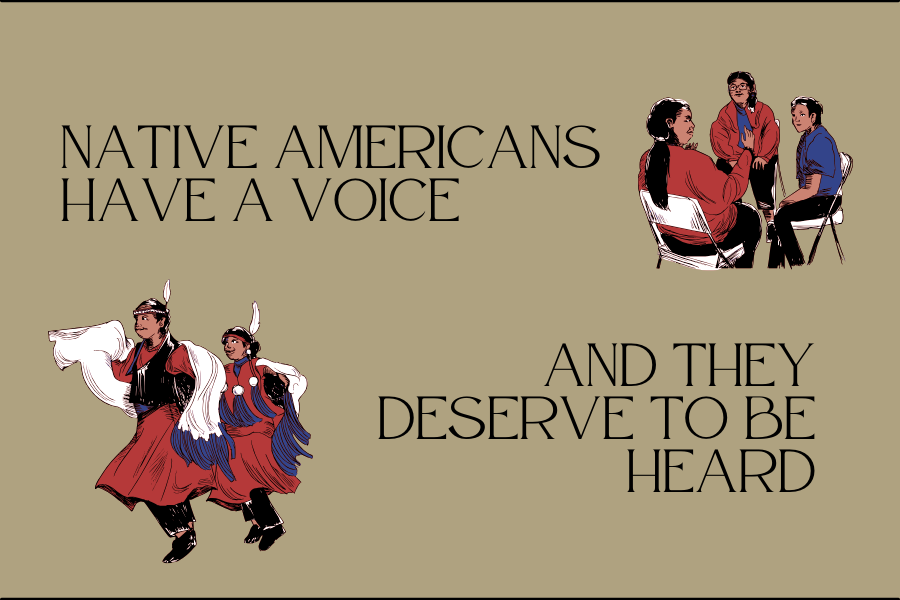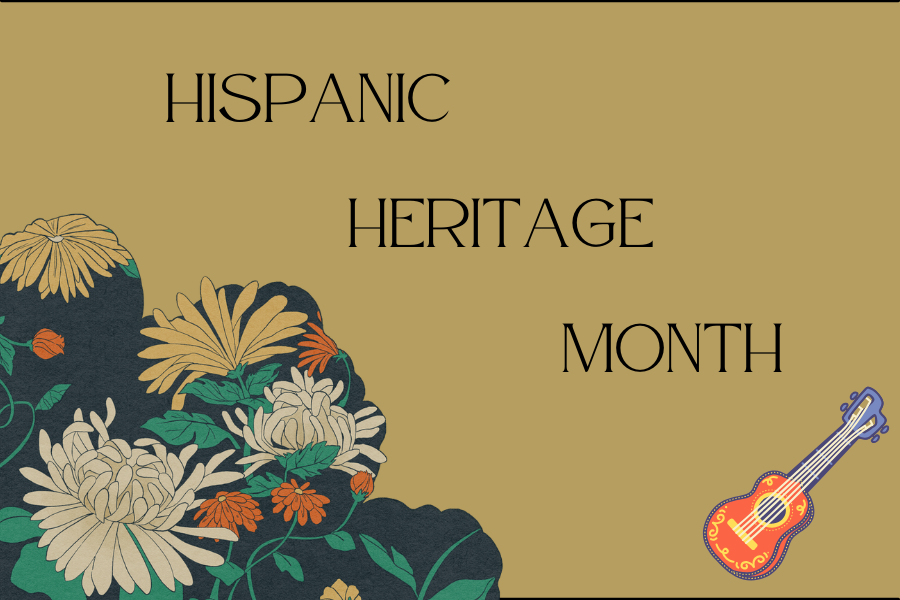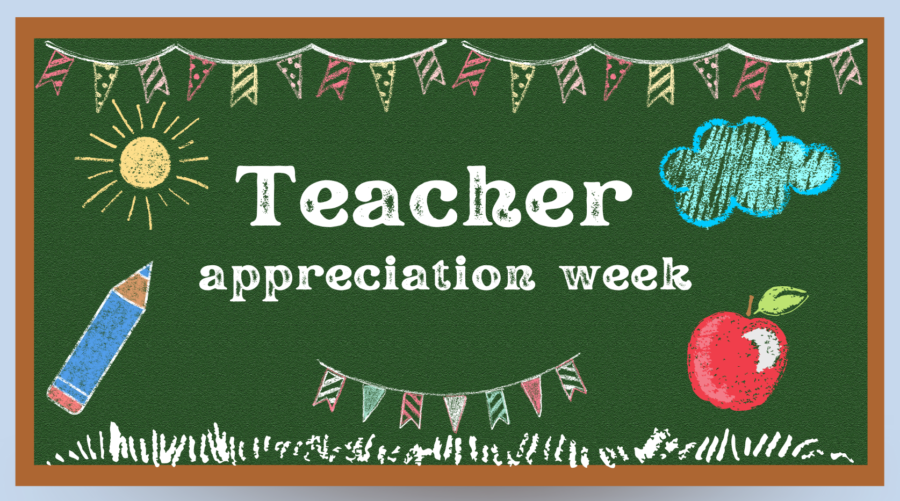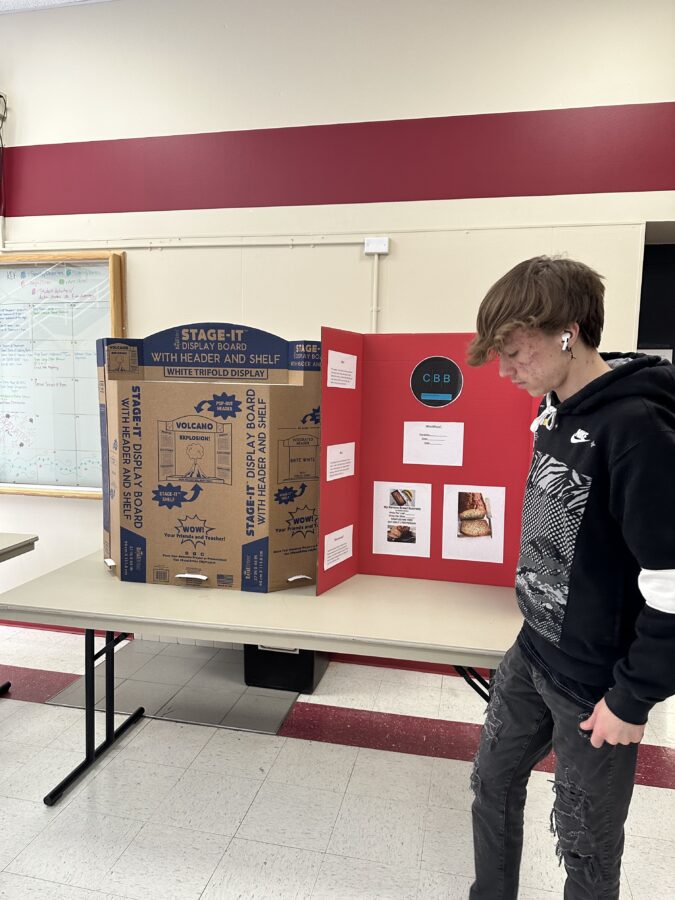Native American Heritage month happens during the month of November. It is an important time for those who wish to share their culture, stories, life, etc. Most of Native American Heritage Month is spent talking about the past instead of the present or future. While learning about the past is important, learning about the present is equally as important.
In an interview with Mr. Alan Groves, he talks about various things. Being given free reign to talk about whatever he wants at his own pace he brings up interesting topics. When asked if he wished the general public to be aware of anything, his answer brings light on how we learn about different cultures and how disconnected it truly can be.
“…the biggest thing I wish could be different about when it comes to learning/using Native American culture or learning about it or those kinds of ideas. I would say that, if I can have a magic wand and change the way that Native American culture is represented in our school learning system, is that we change shift from about to from,” Groves said. “Native American are the first inhabitants of this continent, [history] portrays them as something that is not real or is a character in a movie, a character in a history book. As opposed to learning from Native American culture, and I think that portrays them as real any of the moment.
“When I first stand up and teach my class and you’re introducing yourself on the first day, I tell them I’m Native American,” Groves continued. “Then I say, ‘Native Americans aren’t extinct’ and it always gets a laugh but I know there’s some kids that are like, ‘Oh yeah, that’s the way I see Native Americans. As an extinct culture in the past, some other place, some other time of history.’”
Thinking about a real and not-extinct culture as extinct is a wild idea but it does happen. As Groves explained, if one learns about the past over and over again people will begin to think of the people present in the story as some extinct culture that no longer matters. When their history is very much important to the inhabitants of the United States. Their culture is just as important as learning about your ancestors’ past, Native Americans are the original inhabitants of the Americas. What they learned over the years can aid us to be better.
“There’s this idea in Native American culture, this idea of reciprocity or in layman’s terms it’s like completing the circle of gratitude,” Groves said. “There’s just an acknowledgement that you didn’t get here by yourself and anything that you did have done has been contributed by people who have come before. One reason why you do things is to contribute to generations that come after you, like those ideas that don’t get taught in school.”
What Groves said combats the whole Western idea of individualism. That may be what the problem is. Most regard themselves as what’s important and disregard those around them and those who will come after them. If one is selfish forever, what will the next generation have? Nothing, is the answer. That may be why the world is in such a disastrous state.
Most cultures oppose individualism. Of course, there are countries and cultures that revolve around the concept of individualism like the United States. If the country was more open to other ideas, there may be room for those cultures to truly flourish in a way that they should’ve been able to. Native American culture is an example. A culture which stands and exceeds many years; it goes back in time and is a base to many cultures now present in the United States. Cultures branched out from Native American culture yet it has been neglected and rejected for many years. It is not until recently that they have been able to be more open without fear of resistance and even then resistance is everywhere.
If those around us decided to listen and sit down, observe and understand, then perhaps many issues will be solved. Although not many people wish to do that since it does not benefit them in any way.






